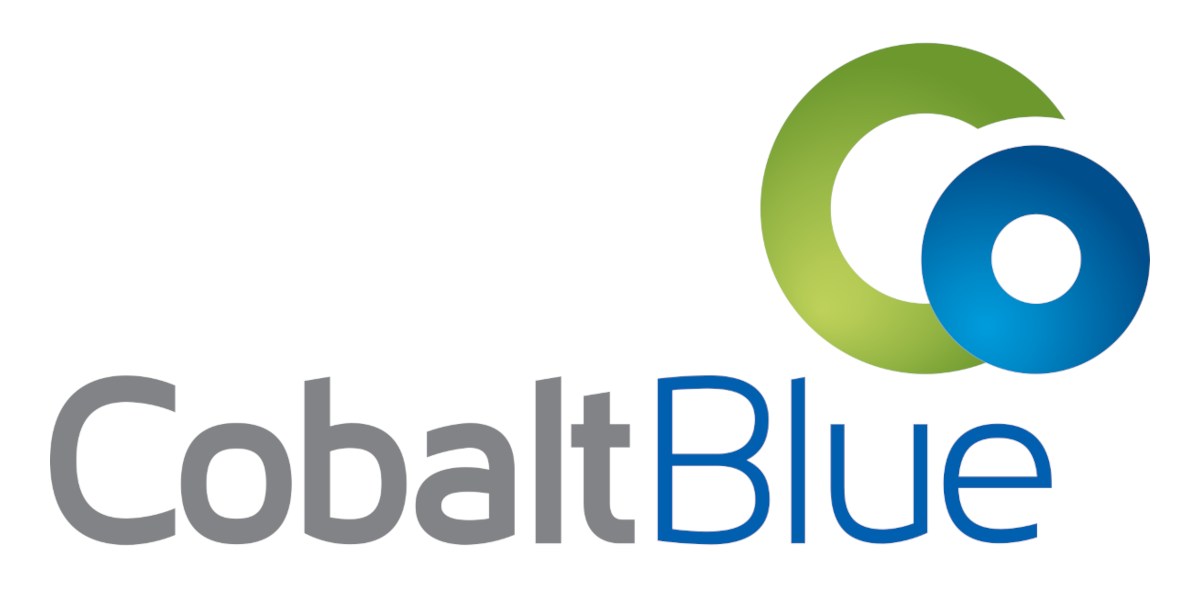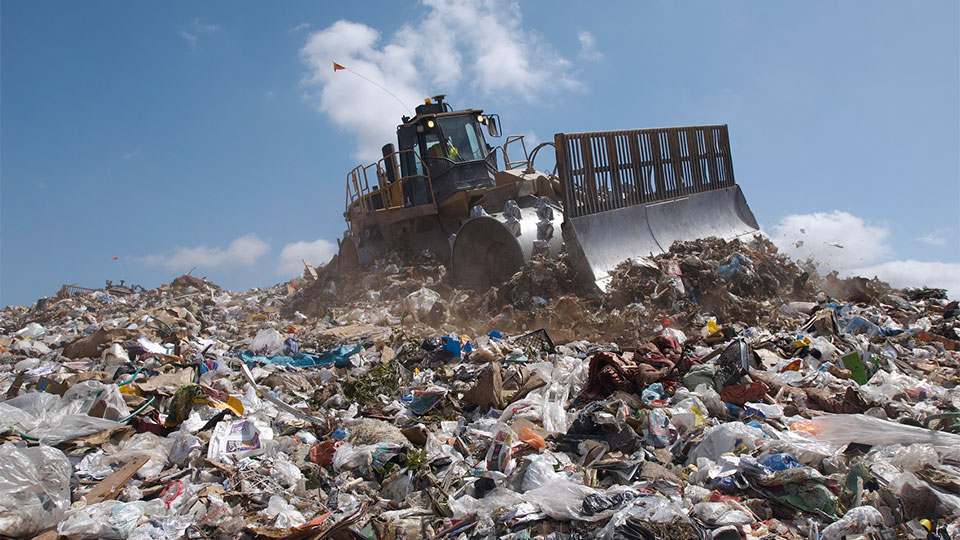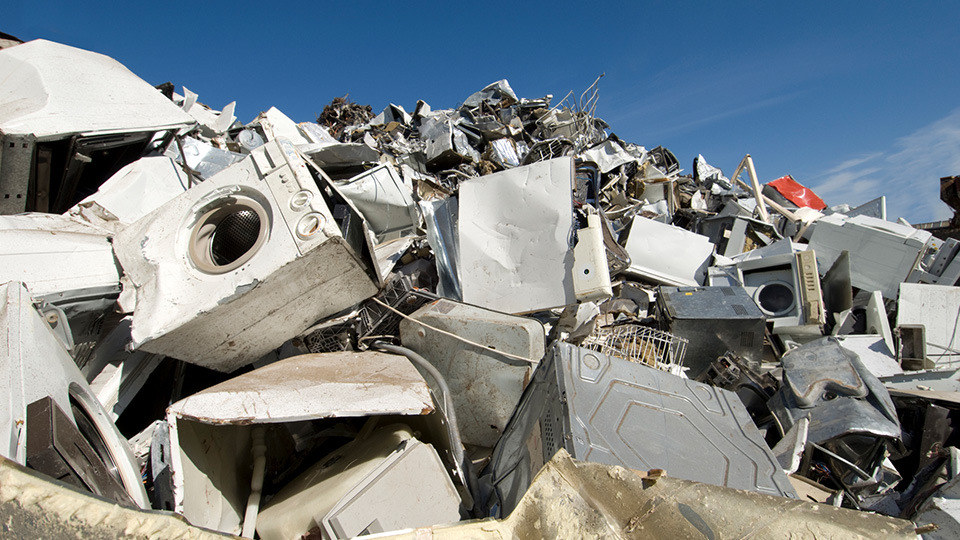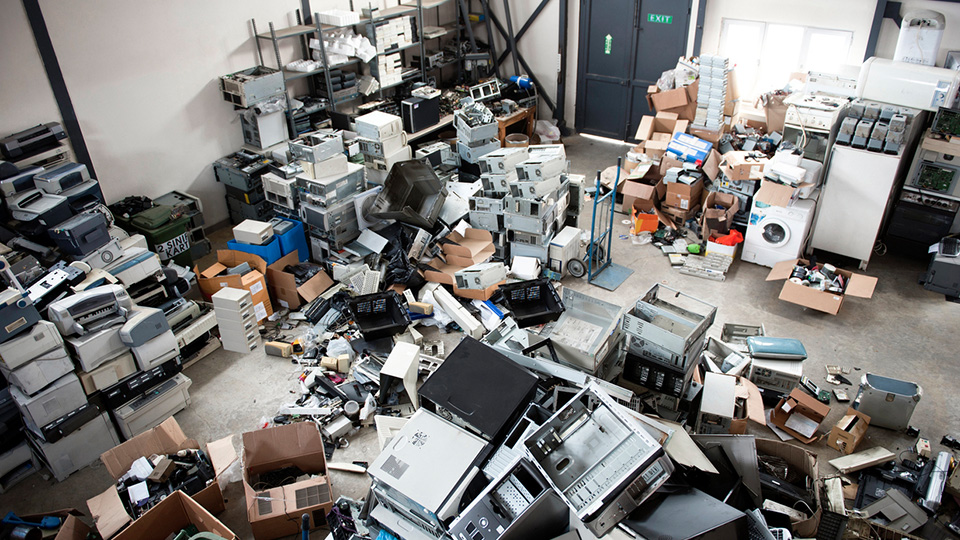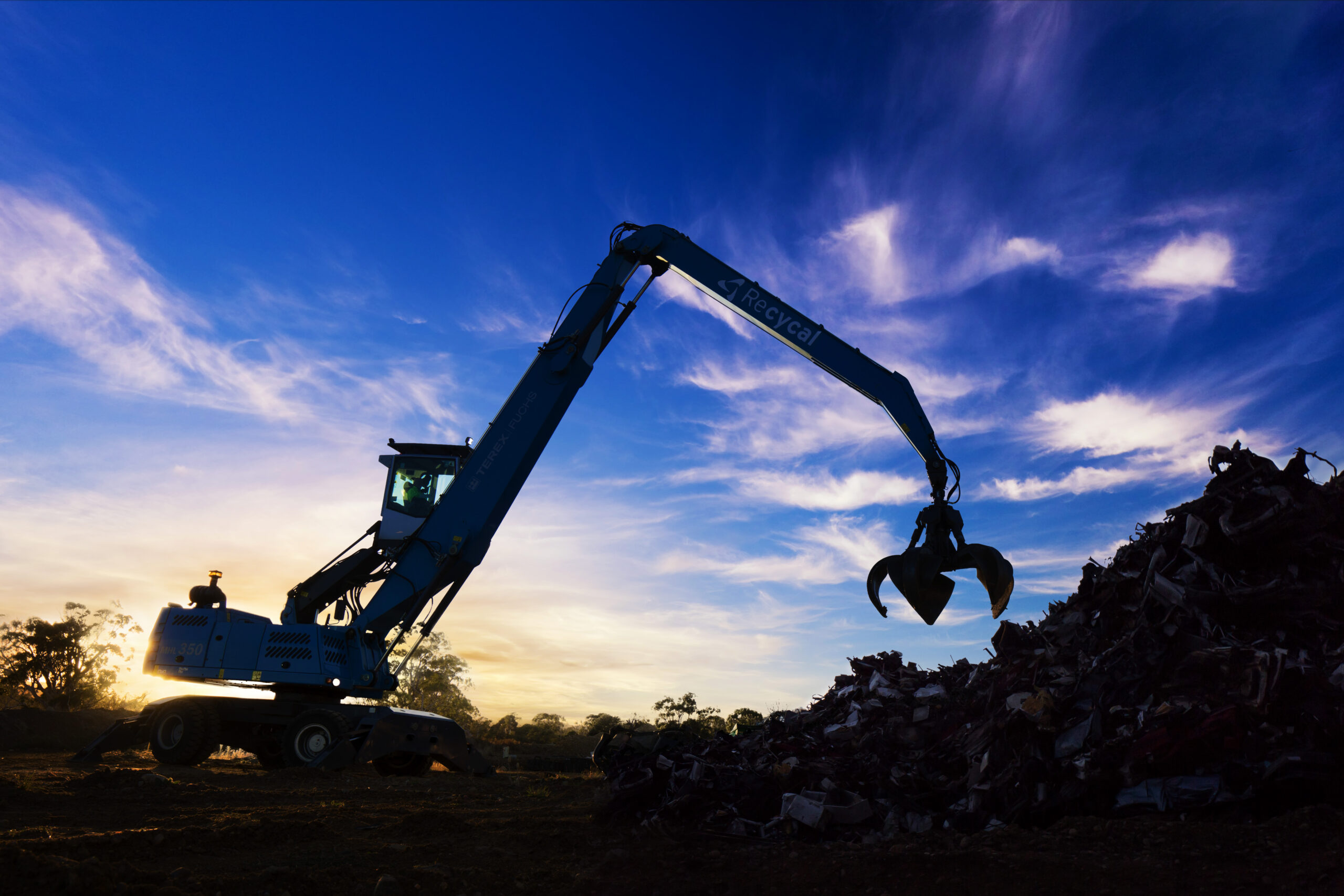With more than 260 million people, Indonesia is the world’s fourth largest by population.
It’s also developing rapidly, and much of its economic activity is illuminated my mercury-containing fluorescent lighting.
Indonesia is also home to significant oil and gas extraction industries that generate mercury-bearing waste, and artisanal gold mining remains a major cause of mercury poisoning.
Ecocycle, Australia’s most experienced and only fully licensed recycler of mercury, is now working with Indonesia to help it to safely manage all of these forms of mercury containing waste.
Ecocycle’s Business Development Manager Daryl Moyle said the initial focus will be on lighting waste.
“Our partner in Indonesia will begin by shipping container loads of intact lighting waste to our Melbourne recycling facility,” he said.
“However, in such a large country the potential volumes of fluorescent lighting waste are huge.
“As collection programs develop and the recycling message spreads, it may become necessary to undertake lamp crushing in Indonesia to reduce shipping costs.”
Tackling artisanal gold mining
The Indonesian government has recently made its intentions clear to start addressing the major problem of artisanal gold mining, the most significant source of human-caused mercury emissions.
Under the Minamata Convention countries in which artisanal gold mining occurs are required to take steps to reduce or phase-out the use of mercury and its compounds in this process.
“There are complex social, economic and technical issues that need to be addressed. But it’s a major problem that can’t simply be left in the ‘too hard’ basket,” Mr Moyle said.
Sharing expertise
Supporting mercury-recycling efforts in Indonesia follows on from Ecocycle’s partnership with PNG company Total Waste Management.
“The Minamata Convention will see more and more countries begin to tackle their mercury-bearing waste problems,” Mr Moyle said.
“Ecocycle is pleased to be in a position where we can share our expertise with other Asia Pacific countries, and make a real difference to the state of their environments.”

